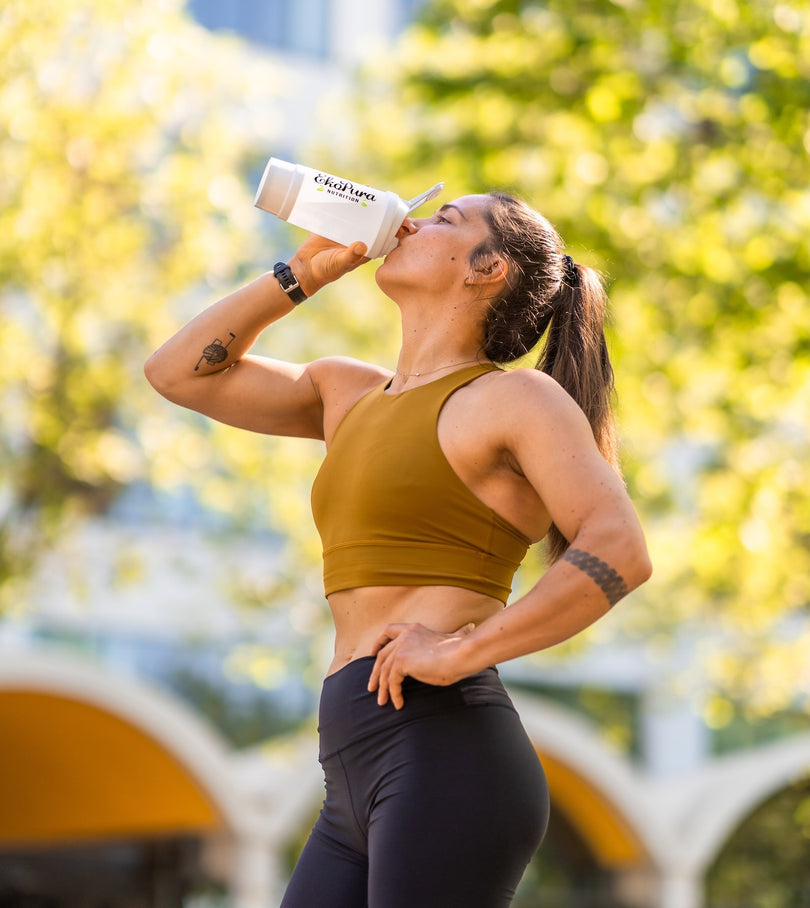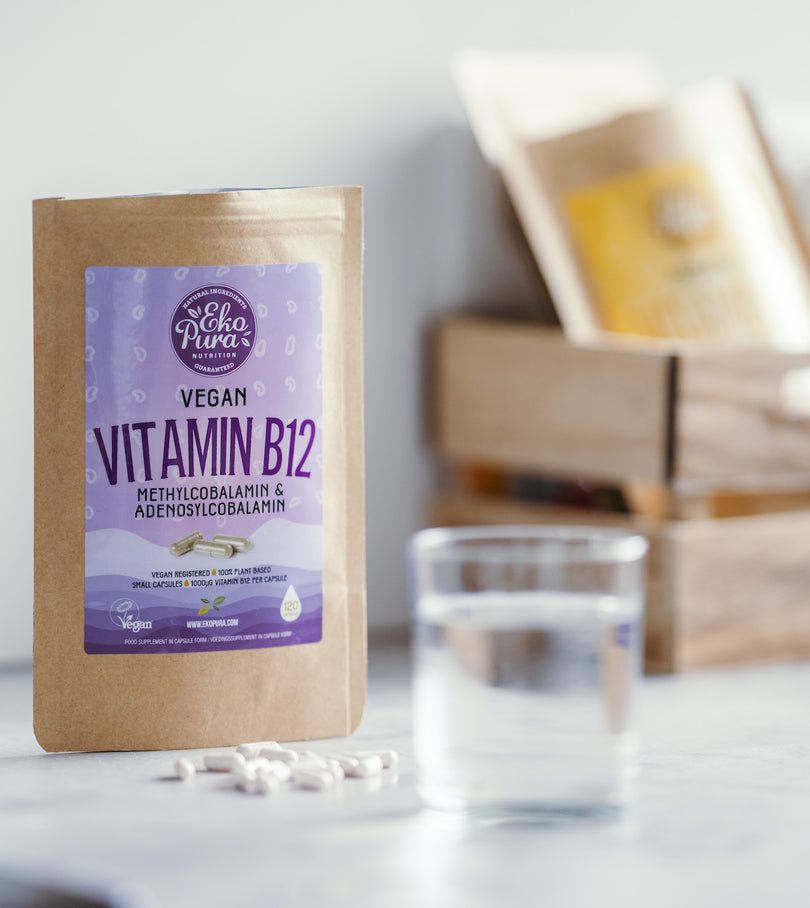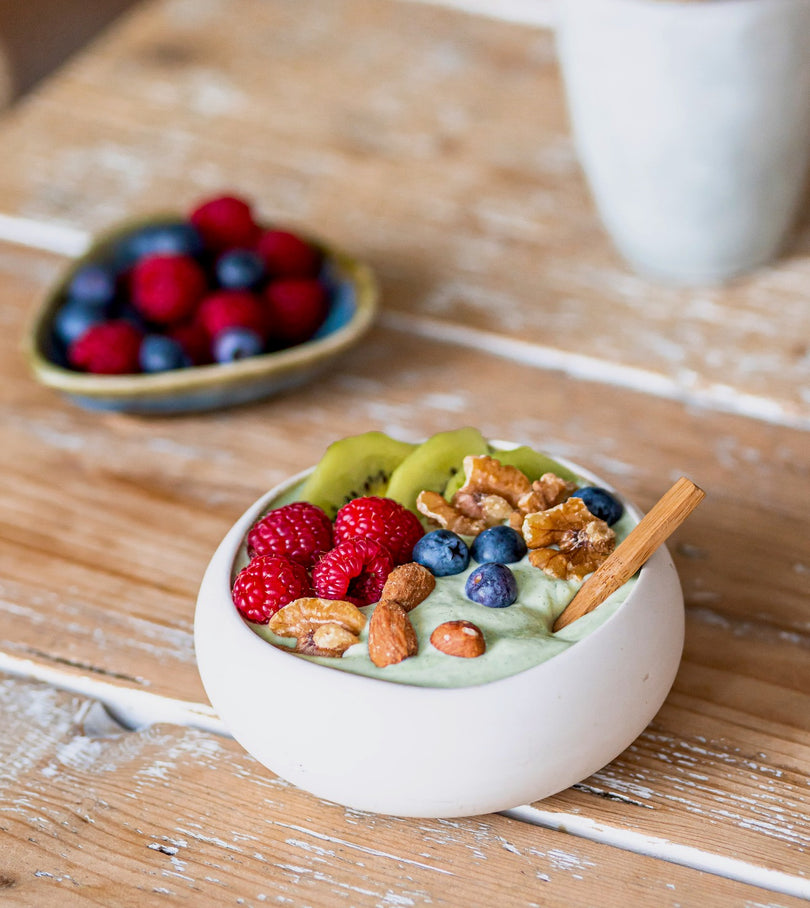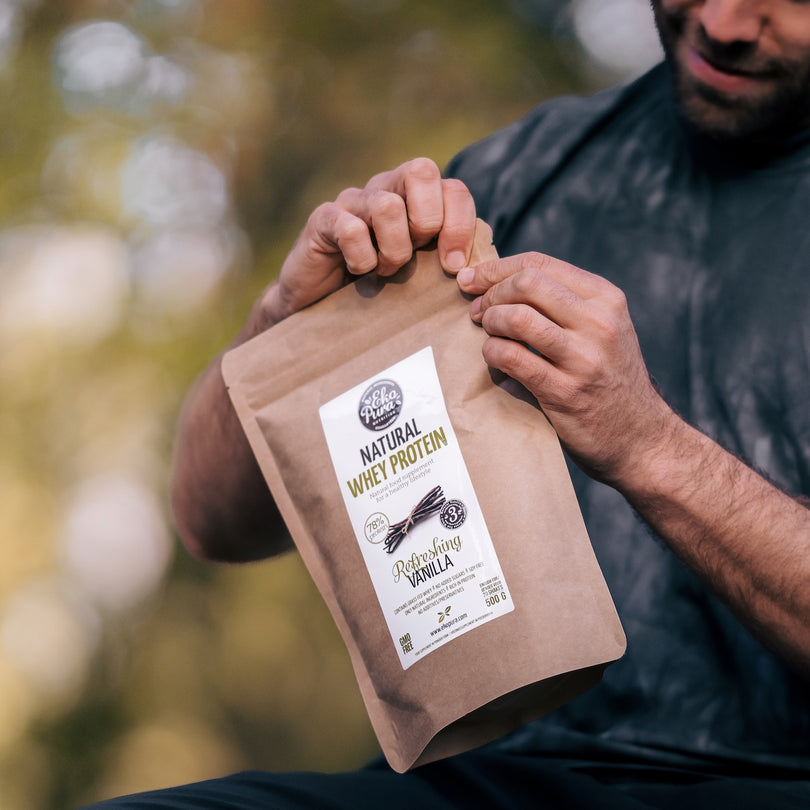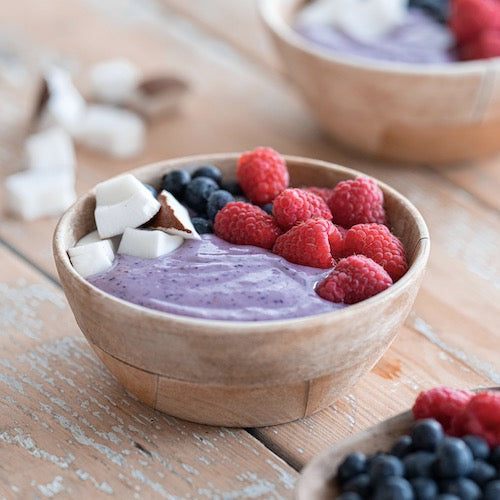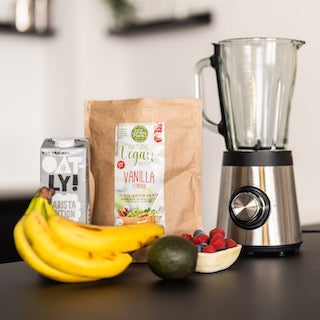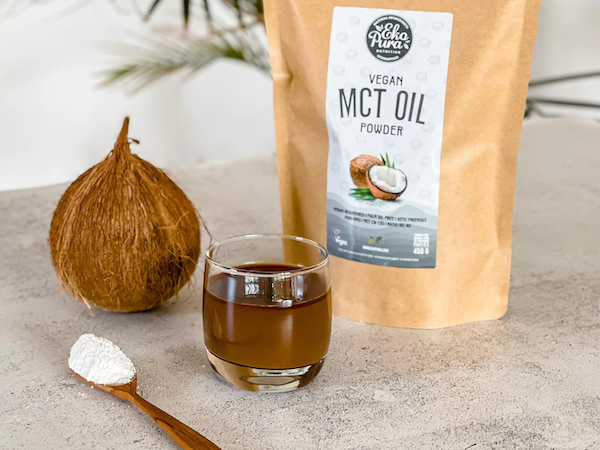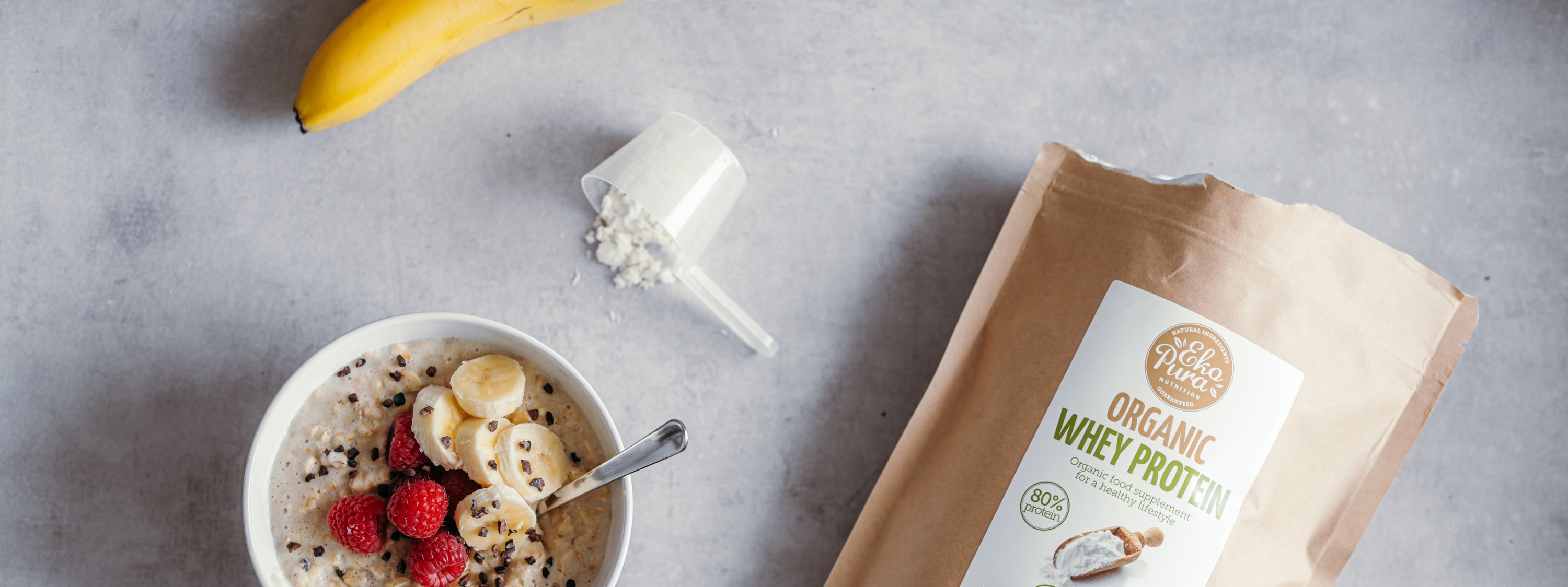Generally, when you think of a plant-based diet, you don't immediately think of building muscle. Muscle growth is much more associated with a meat and dairy diet that is often still very popular in the gym. But a vegan diet and building muscle, is it possible?
Yes indeed, we will show you. This article will introduce you to the basics of a plant-based diet. You'll learn how to create a nutrition plan aimed at building muscle.
What is a plant-based diet?
Also known as a vegan diet, a plant-based diet revolves around eating flora rather than fauna. A plant-based diet does not include meat, fish, seafood, eggs or dairy products. However, that does not mean that every meal has to consist of carrots or salads. You can choose from a wide range of produce, grains, fats and proteins, all derived from plants.
If you have always been an omnivore and you love meat and dairy, you may wonder if a plant-based diet is really that healthy. A nutrition plan that gets all of its energy and nutrients from plants can absolutely keep you healthy. It can even help you build muscle, as long as you choose nutritious options for your meals.
Calculate calories for building muscle
Like any good nutrition plan with a focus on building muscle, a plant-based diet starts with calculating the number of calories you need daily. Your daily calorie requirement does not change based on the type of diet you follow. In fact, it depends on your energy needs and your normal activity level.
First, determine the total daily energy consumption your body needs. Think about performing basic functions and fueling your workouts. When selecting your activity level, consider the strength and muscle-building workouts you will be doing.
Next, you need to add a calorie surplus. Your total daily energy expenditure only reflects maintenance calories. Sticking to that number of calories will not help you build muscle. Therefore, add 250 to 500 calories to your total daily energy consumption to get the number of calories you need for muscle building.
Know your macronutrients
Eating smart is more than just counting calories, especially when adding more calories to your daily average. You also need to pay attention to the balance of macronutrients. That is, carbohydrates, proteins and fats, which you consume every day. A diet with too much vegetable fat or too little vegetable protein will not help you build muscle effectively.
A good distribution is 40 percent carbohydrate, 30 percent protein and 30 percent fat. Your ideal macros may vary slightly, but this ratio contains enough protein to stimulate muscle growth. Sufficient carbohydrates to fuel your body. Sufficient fat to help your body absorb nutrients before you exercise and recover afterwards.
Try using a macro-tracking app to make sure you are getting the right amounts and making healthy choices for each meal. A good app is My fitness Pal, where you can keep track of all your daily diet and activities.
Focus your diet for muscle building on good foods
Any effective diet for muscle building should revolve around good healthy foods rather than processed foods or junk food. If you follow a plant-based diet, try to eat lots of leafy vegetables and brightly colored vegetables. It is also important to combine with potatoes and other tubers, beans and lentils, fresh and frozen fruits and whole grains such as oats and brown rice. Nuts and seeds are also great choices, as are vegetable oils, avocados, coconut and proteins such as tofu and tempeh. Good sources of protein are also peas or broccoli. Check out our blog on high-protein vegetables here.
Avoid sweet candies, refined starches and vegan replacement foods that are full of fillers and empty calories. These foods may increase calories, but they do not contain the nutrients you need for muscle building.
Eat at the right times
If you want to build muscle, eating at predetermined times throughout the day can help take your progress to the next level. Of course, you need to fuel your body throughout the day, especially before, during and after strength training.
Make sure you eat complete vegan meals with a good macro balance for breakfast, lunch, dinner and snacks. Eat a small snack about two hours before your workout and about 30 minutes after your workout. Go heavy on carbs and protein and light on fat. You need carbs for energy and protein for muscle building. Too much fat can slow you down and compromise your performance in the gym. Remember, the calories and nutrients for your snacks before and after your workout should be factored into your total for the day. See what protein-rich, plant-based snacks you could have here.
Plan plant-based meals and snacks ahead of time
Transitioning to a fully plant-based diet can be difficult because you have to convert old habits to new ones. To make the transition easier and reduce the risk of returning to animal fats and proteins, plan plant-based meals and snacks in advance.
Start the day with a protein-rich tofu scramble full of vegetables or a whole grain protein bowl, and for lunch try a vegan chili with avocado or a green salad packed with fresh produce and legumes. For snacks, go for a homemade trail mix or some plant-based yogurt with fruit, and for dinner eat a lentil burger or a savory vegetable stew. Use a diet plan app to get nutritious recipes that easily fit into your nutrition plan. A good app is ...
Check out our article on 5 different types of vegan breakfasts here.
Commit 100% to your workouts and track your results
Once your plant-based diet effectively nourishes your body, all you have to do is design your ideal workout and track your progress. Schedule cardio and strength sessions five or six times a week and train each muscle group at least once a week. By exercising consistently, you will effectively strengthen and grow your muscles.
Use a fitness tracker to track your workouts and calories burned, along with your meals and calories consumed. If you keep all your vital statistics in one convenient place, you can easily track how far you've progressed with your plant-based diet.
A vegan diet and building muscle, not possible?
If you track your progress, find a good workout routine, keep track of your macros and your diet focuses on healthy foods, you can absolutely build muscle and stay healthy while following a plant-based diet.
A vegan diet and building muscle, is it possible? So the answer is a resounding YES!
Check out an overview of all our vegan recipes here.
Are you curious about all our vegan products? Then take a look here.




